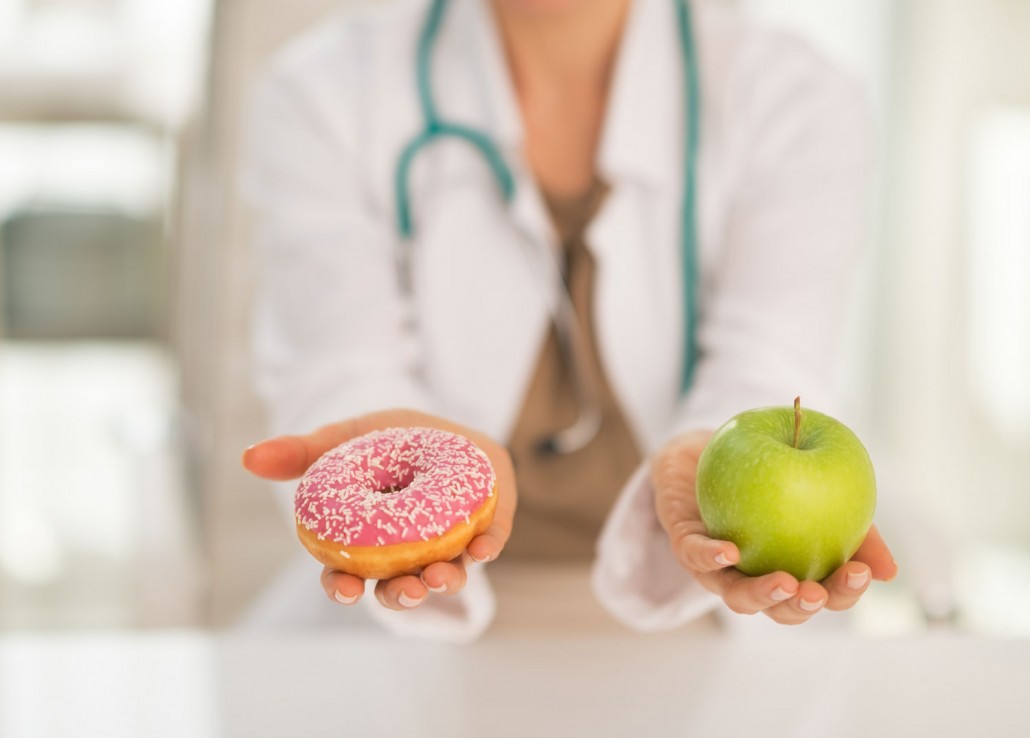Fats in your diet – good or bad?
Fat is an essential part of every diet. The body needs fat to function properly. Fat is an excellent source of energy and healthy diets should contain a certain amount of fat. Too much fat however or the wrong types of fats can lead to a number of health problems.
Are there good fats and bad fats?
Yes – research has shown there are clearly good fats and bad fats. There are three main types of fats that differ in their structure, where they can be found in our diet and their impact on our health.
Saturated and trans fats are solid at room temperature, unsaturated fats are liquid at room temperature.
Types of fats
Source in diet. Good or bad?
Bad;
Saturated fats;
-
- – Animal fat, especially fatty cuts of meat and processed meat
-
- – Full fat dairy products (cream, butter, cheese, icecream)
-
- – Cakes, biscuits, pastries and processed foods
Trans fats;
-
- – Processed foods, deep fried foods, biscuits and cakes
Good;
Unsaturated fats
Monounsaturated fat eg olive, peanut, canola oil, avocado, nuts
Polyunsaturated fat;
-
- – omega 3 eg oily fish, eggs, lean meat, linseed, walnut, soybean
-
- – omega 6 eg margarine, sunflower oil and seeds, sesame oil, nuts (pecan, brazil, pine nuts)
Why are bad fats bad?
Saturated fats and trans fats increase the “bad” circulating cholesterol (LDL cholesterol). High levels of LDL cholesterol are associated with a higher risk of heart attack and stroke. You should aim to reduce your LDL cholesterol as much as possible by avoiding these bad fats in your diet.
Why are good fats good?
Unsaturated fats reduce the LDL (bad) cholesterol and can increase the HDL (good) cholesterol and this is a healthier balance that reduces your risk of heart disease and stroke.
How can I improve the fats in my diet?
Replace the saturated fats in your diet with unsaturated fat, for example;
- cook with olive oil rather than butter
- choose raw nuts (1/3 cup is a healthy daily serve) as a snack rather than biscuits
- try avocado on toast rather than butter.
Many packaged foods contain trans fats because these fats make food tastier, easier to prepare and last longer. Many of the cheaper take away foods are full of saturated and trans fats.
Check the nutrition label for trans fats or hydrolysed, choose healthier take away options.
Increase your intake of omega 3 fats, most of us have enough omega 6 fat in our diet.
To reduce the risk of heart disease, the Heart Foundation recommends 500mg omega 3 fats/day. This can be achieved with 2-3 serves of 150mg oily fish/week. If you already have heart disease this should be 1000mg omega 3 fats/day.
The following helpful hints may be useful in changing your diet:
- Try oats for breakfast – oats have been shown to increase your HDL levels and reduce your LDL levels and porridge is a great healthy breakfast!
- Try small amounts of healthy nuts for a mid-morning snack. A small number (30g)of raw almonds and walnuts can be a great energy boost.
- Tuna salad for lunch is easy and a great source of HDLs
- A small amount of dark chocolate with green tea is a great afternoon snack and contains anti-oxidants which may reduce LDL cholesterol
- Changing your normal pasta for wholemeal pasta or brown rice is a great way to reduce cholesterol being absorbed into your blood stream.



